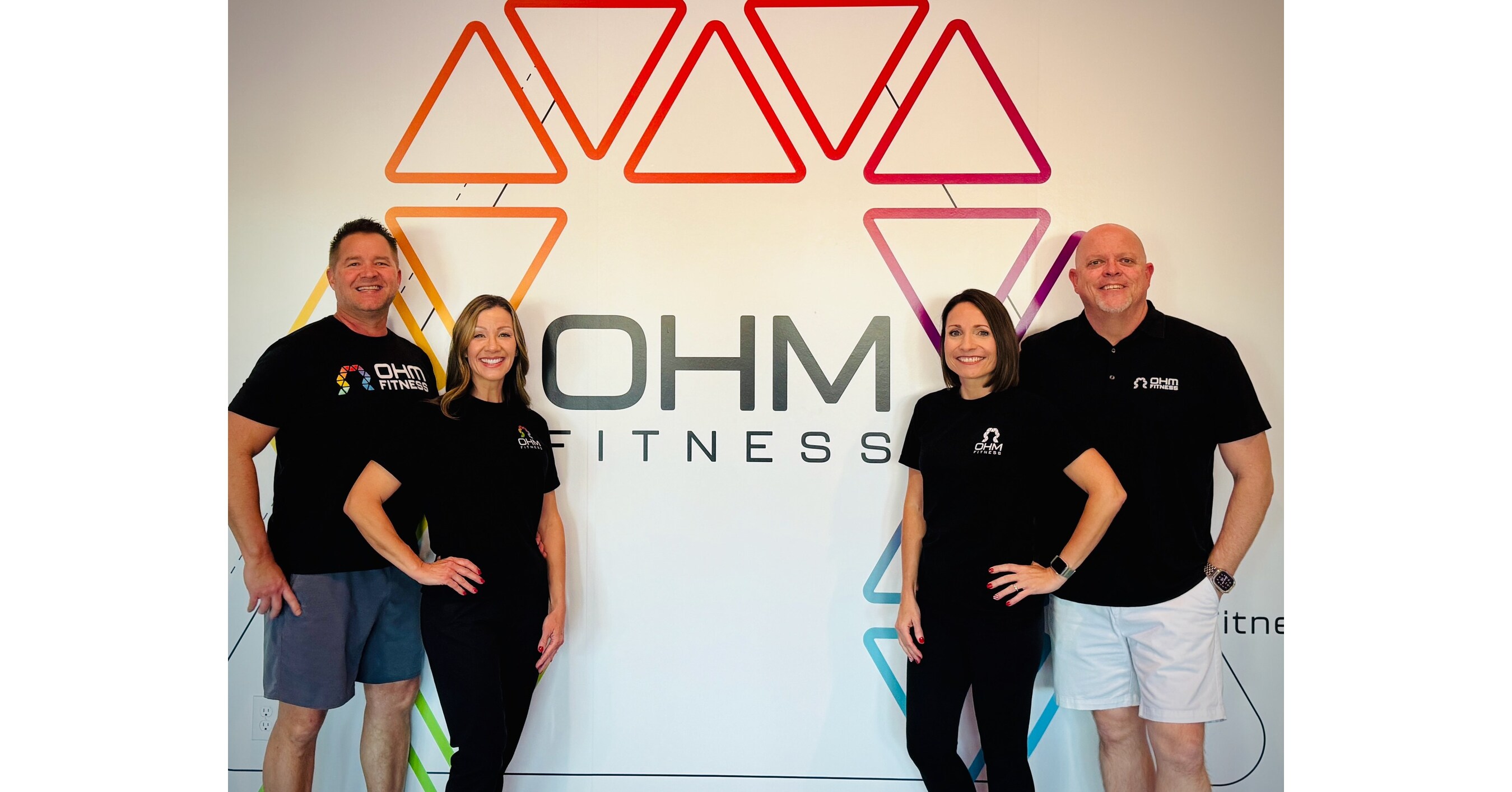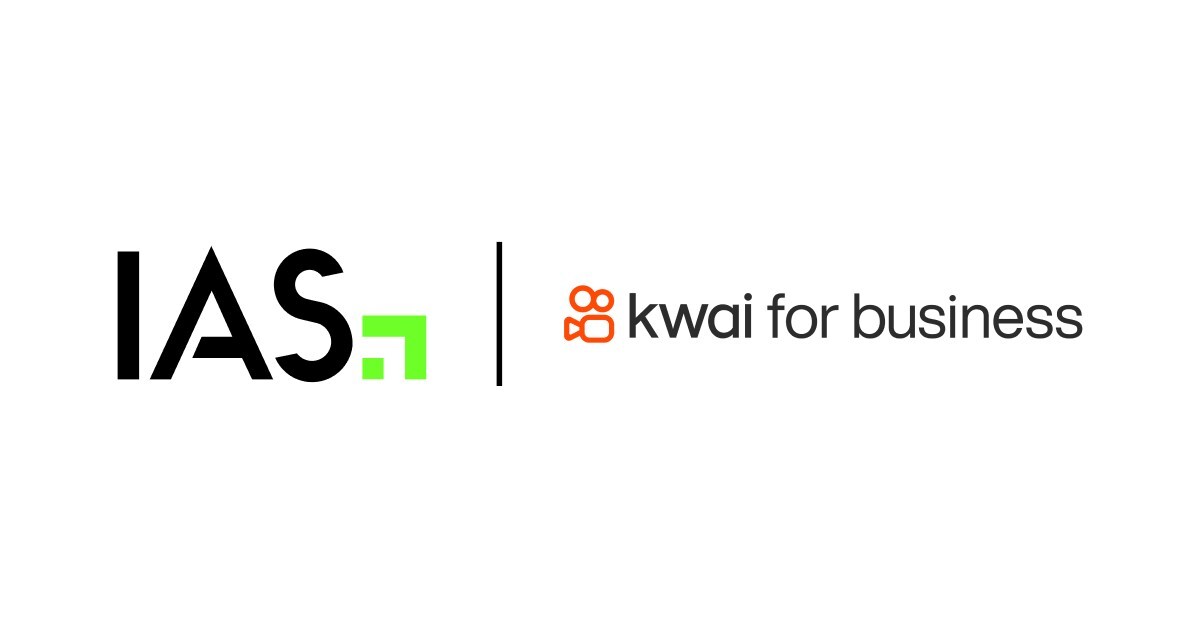Jobs
Unrepresented Oklahoma students need more help finding jobs | Opinion
Oklahoma’s education system needs greater accountability from lawmakers, but we can’t afford to wait for them to take action.
Should parents have access to college grades? An expert weighs in
Should parents have access to college grades if they’re footing the tuition bill? We asked an expert.
Can I afford this? What should I study? Is it even worth it? I don’t know how or where to start. For students from underrepresented backgrounds, the challenges to pursue postsecondary education are compounded by a lack of guidance and role models, turning uncertainty into a paralyzing roadblock.
These students are from communities of color, rural areas, low-income families, and first-generation backgrounds. They are often stuck attending underfunded schools with low graduation rates, limited resources, undertrained teachers, overburdened counselors, and scarce opportunities for college preparation. As more jobs in our state demand postsecondary education, these systematic disparities directly threaten the strength of Oklahoma’s economy.
Oklahoma’s Ryan Walters is attacking DEI instead of helping college attainment
As the Oklahoma State Department of Education reports that nearly 80% of jobs will require postsecondary education by next year, it’s concerning that state schools Superintendent Ryan Walters, who leads the department, is more focused on attacking diversity, equity and inclusion (DEI) initiatives rather than college attainment. While Superintendent Walters, Gov. Kevin Stitt, and other legislators nationwide ban DEI initiatives, Oklahoma’s college-going rate has not increased more than 45% since 2017. On the other hand, the state Education Department responded to educational disparities by quietly lowering testing standards, failing to tackle the root causes of our poor education rankings.
Oklahoma’s education system needs greater accountability from lawmakers, but we can’t afford to wait for them to take action. Postsecondary institutions must take the lead and intervene by expanding partnerships with local schools to ensure students have the necessary resources and support to succeed. Expanding programs like Upward Bound, Gear Up and dual enrollment can help more students prepare to meet the demands of a rapidly evolving economy and attract high-paying jobs.
Improve the high school-to-college pipeline
While Oklahoma lawmakers struggle to find bipartisan consensus on whether or not everyone deserves a quality education, postsecondary institutions can serve as advocates for underrepresented students by partnering with local school districts and reallocating their resources to improve the high school-to-college pipeline.
As a former participant of Upward Bound at OSU-OKC, I wouldn’t be where I am today without their guidance. I spent my summers on their campus, exploring potential careers and figuring out a step-by-step plan on how to apply and pay for college. These partnerships help high school students find mentors, gain college credit, earn scholarships and demystify college affordability.
High school-college partnerships have been successful in many states nationwide. Research shows that creating pathways for students to earn college credits while still in high school saves time and money. Once they enroll in postsecondary institutions, they can graduate and enter the workforce early, eventually reducing student loan debt.
Jenny Ha is a graduate of Western Heights Public Schools and is currently pursuing a Master of Public Administration at New York University.










